
Global oil and gas prices jumped on Tuesday as the U.S.-Israeli war on Iran halted energy exports from the Middle East, with Tehran attacking ships and energy facilities, closing navigation in the Gulf and forcing production stoppages from Qatar to Iraq.The benchmark Brent crude oil contract gained nearly 8% on Tuesday to above $83 per barrel, the highest since July 2024

A newly built very large gas carrier (VLGC) was named Lucent Pathfinder at a ceremony held at Kawasaki Heavy Industries’ Sakaide Works, marking the seventh dual-fuel LPG carrier using LPG ordered by NYK.The vessel, which will be chartered by United Arab Emirates-based LPG trader BGN INT DMCC
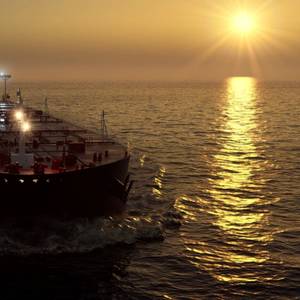
Britain targeted Russia's two largest oil companies, Lukoil and Rosneft, and 44 shadow fleet tankers on Wednesday in what it described as a new bid to tighten energy sanctions and choke off Kremlin revenues.Lukoil and Rosneft were designated under Britain's Russia sanctions laws for what London described as their role in supporting the Russian government.
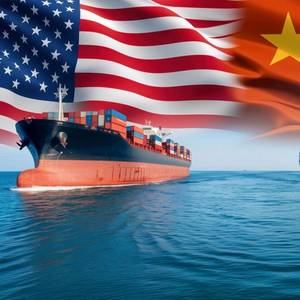
Vessels owned or operated by U.S. firms and individuals - or those built in the United States or that fly the U.S. flag - will be charged additional port fees per voyage starting on October 14, China's transport ministry said.The fees are a counter-measure against upcoming U.S. port fees on Chinese ships, the ministry said on Friday.
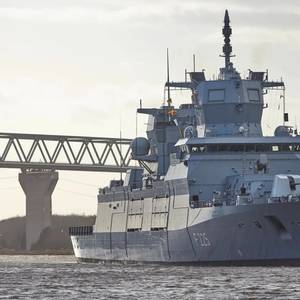
TKMS, the defence business that German conglomerate Thyssenkrupp aims to spin off this autumn, plans to raise its profit margin to more than 7% to close a gap with rivals, banking on soaring military demand amid fears of Russian aggression.TKMS, which makes submarines, frigates as well as sensor and mine-hunting technology, has more than tripled its order backlog in five years.
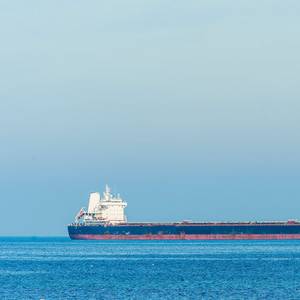
Terminal operators in a major oil port in east China's Shandong province are set to introduce measures to ban shadow fleet vessels and curb visits by other old tankers, according to an official notice seen by Reuters and a tanker tracker.The measures, to take effect from November 1, would ban vessels using fake IMO numbers and ships of 31 years or older
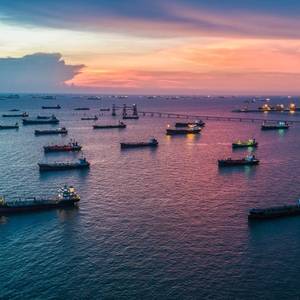
At least two supertankers made U-turns near the Strait of Hormuz following U.S. military strikes on Iran, shiptracking data shows, as more than a week of violence in the region prompts vessels to speed, pause, or alter their journeys.Washington's decision to join Israel's attacks on Iran has stoked fears that Iran could retaliate by closing the strait between Iran and Oman through which around
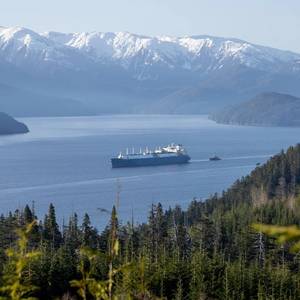
The Shell-led LNG Canada facility has produced its first LNG for export in Kitimat, British Columbia, a spokesperson for the project confirmed on Sunday.The milestone comes in advance of the facility loading its first LNG export cargo, which LNG Canada said it remains on track to do by the middle of this year.
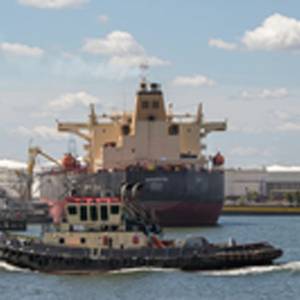
When tensions rise in the Middle East, it can be helpful to look at what is not happening as much as what is.In the crude oil market, this means focusing on the fact that so far not a single barrel of crude oil supply has been lost. It is in the interests of all involved parties that this remains the case.
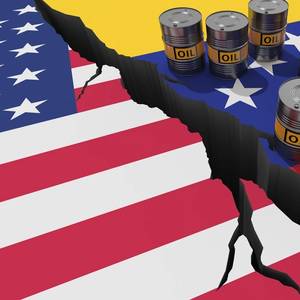
Traders have rebranded more than $1 billion of Venezuelan oil shipments to China as Brazilian crude over the past year, according to two tanker tracking firms, company documents and four traders, helping buyers to cut logistics costs and circumvent U.S. sanctions.Independent refiners in China are the main buyers of seaborne oil shipments from countries sanctioned by the United States
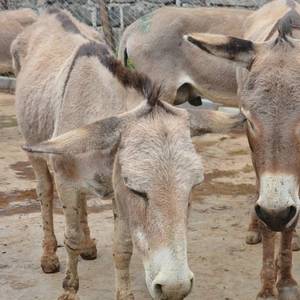
On World Donkey Day (May 8), international animal welfare charity, The Donkey Sanctuary, acknowledges Swire Shipping as the first global shipping line to commit publicly to a ‘No Donkey Skins Carriage policy’.In February last year, African Heads of State and Governments endorsed a continent-wide moratorium on the slaughter of donkeys for their skins at the 37th African Union Summit.
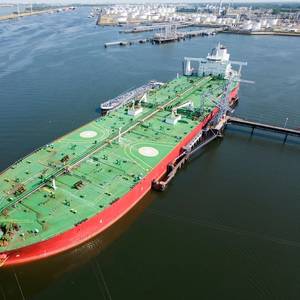
Asia's crude oil imports are off to a weak start in 2025, as top importer China continues to buy less and new sanctions put the brakes on cargoes from the continent's top supplier Russia.Asia's imports for the first two months of the year are on track to be 26.17 million barrels per day (bpd), down 780,000 bpd from the 26.